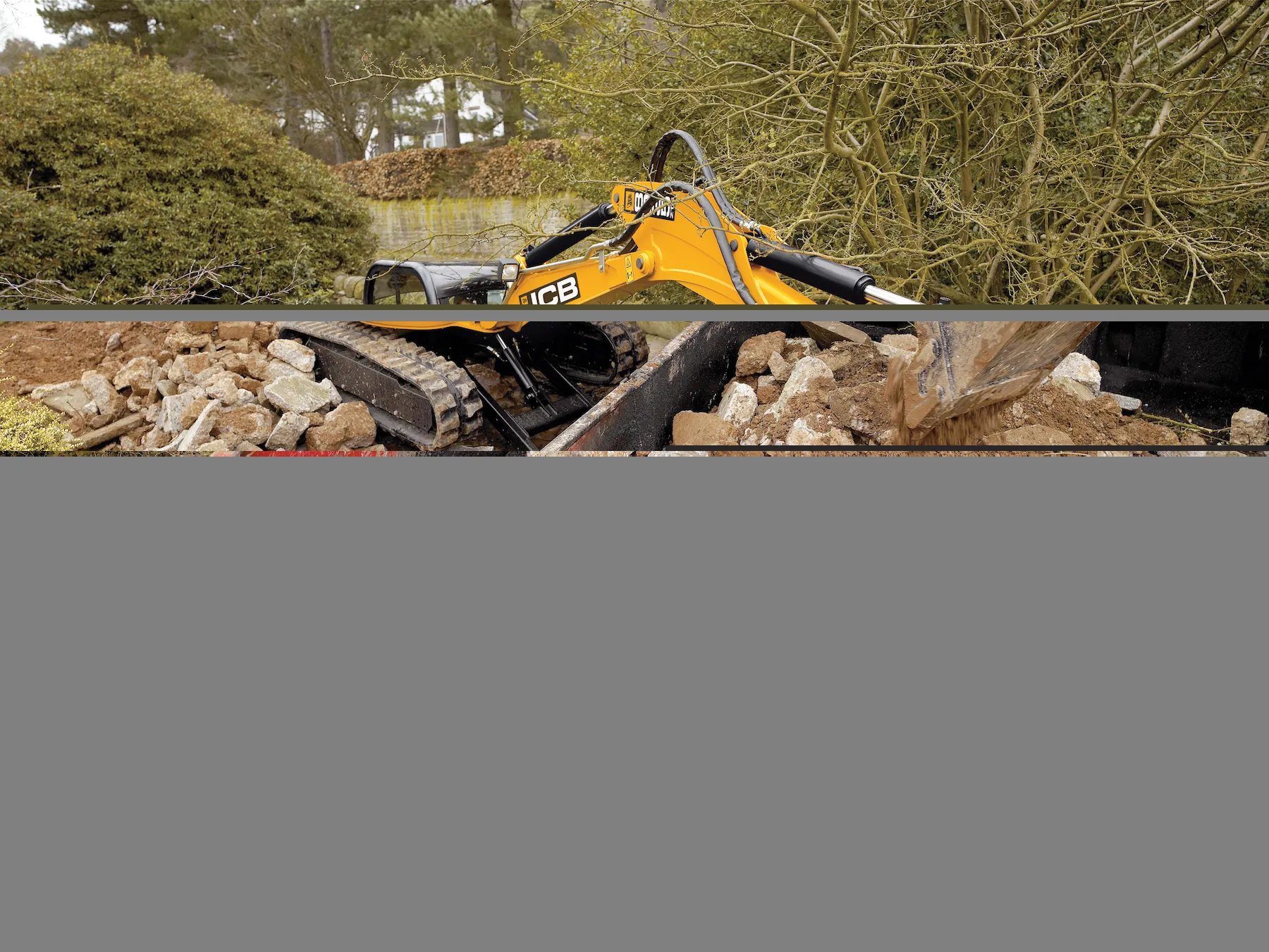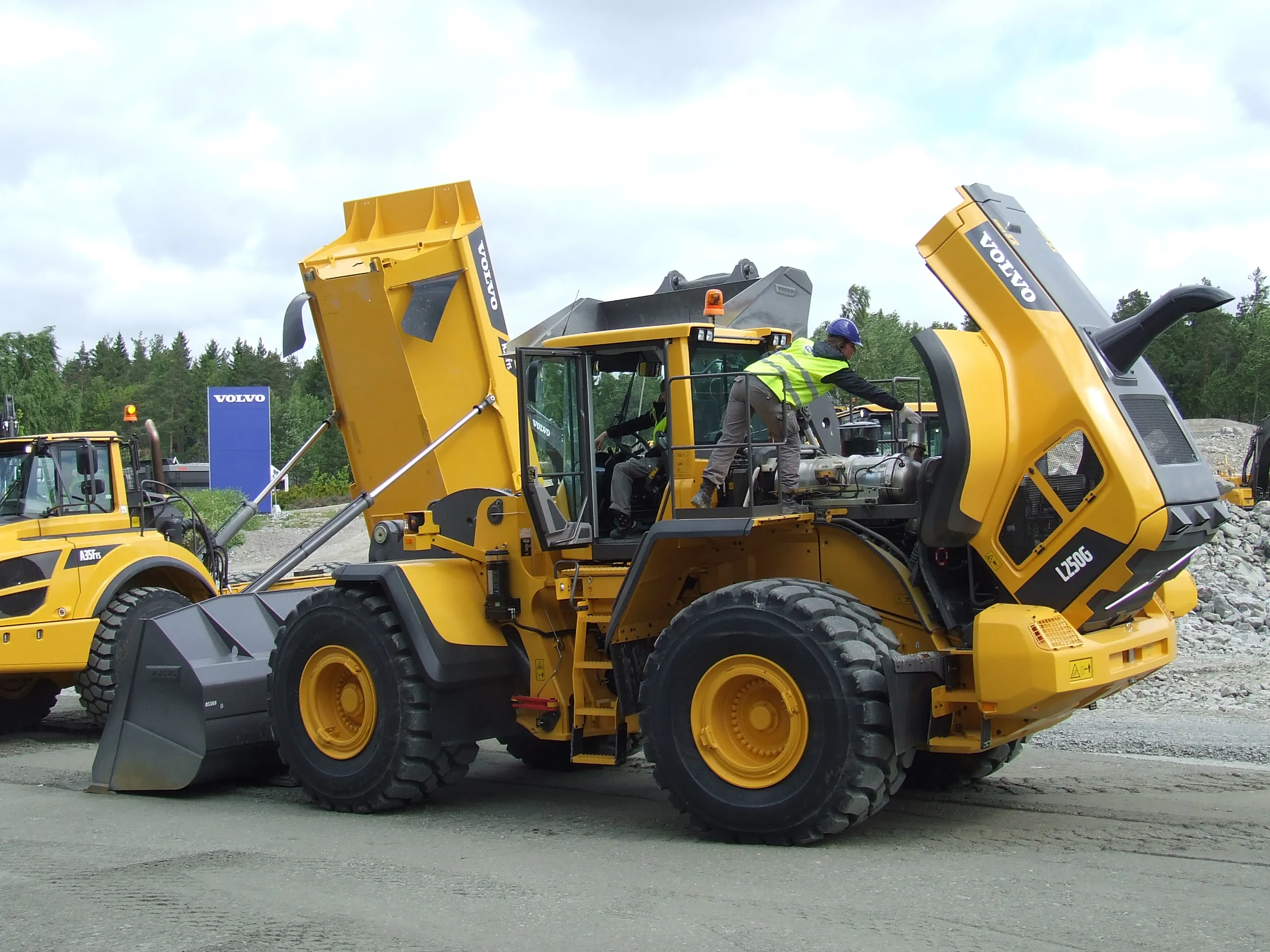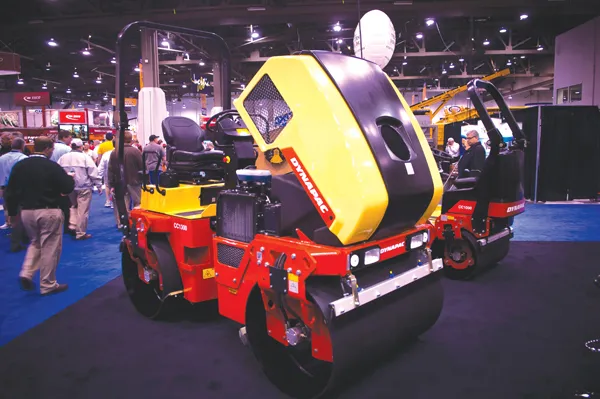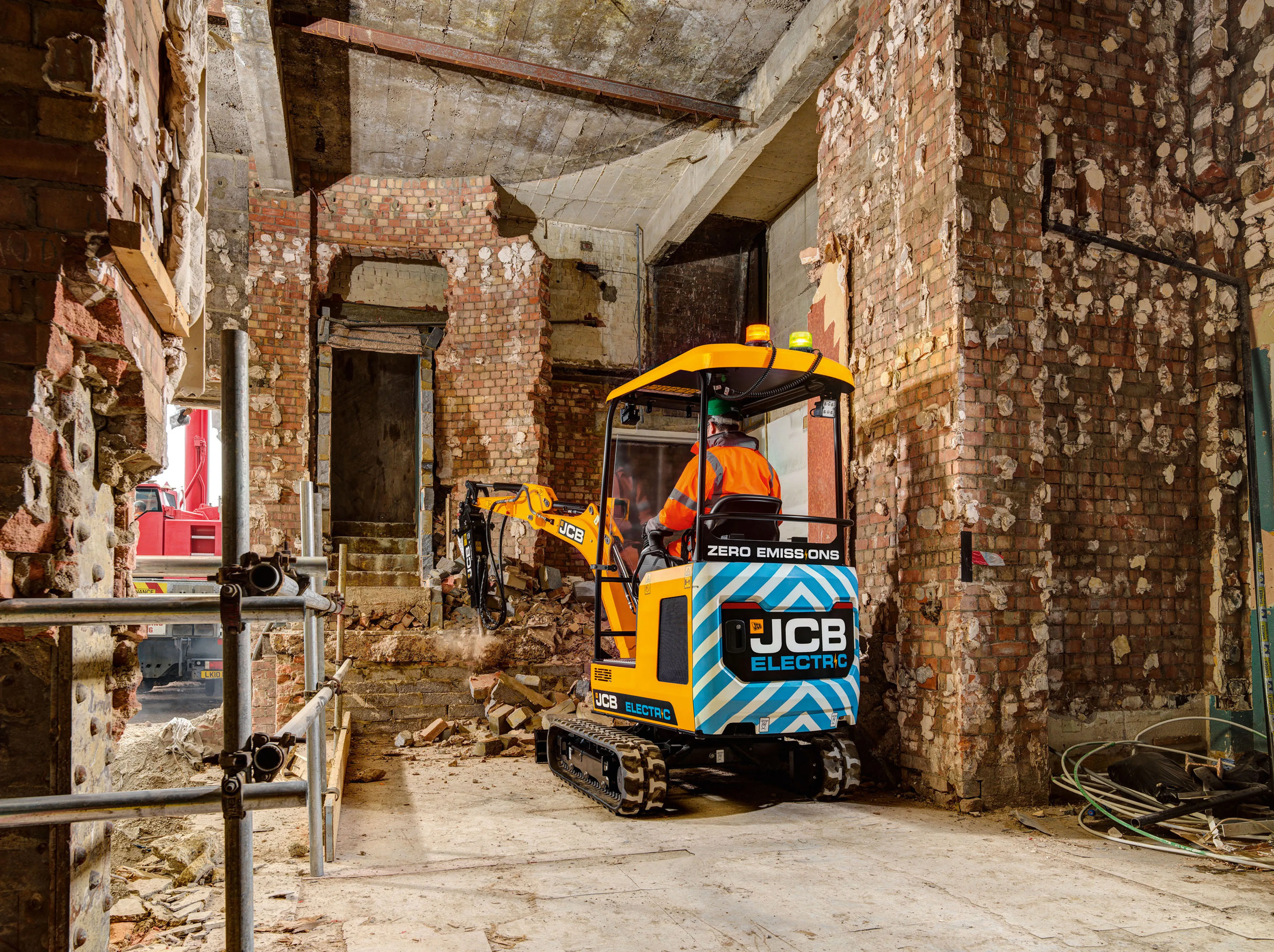JCB claim to have taken a big step to protect its smallest plant by announcing all JCB mini and midi excavators sold in the UK now feature its 3-star Thatcham-approved immobiliser as standard. With over €1.24 million [£1 million] worth of plant stolen every week across the UK and Ireland - and just 5% ever recovered, the construction machine industry giant believes the move will protect thousands more machines against theft, while also reducing insurance premiums by up to 45%. The 801 mini excavators were t
November 30, 2012
Read time: 2 mins

JCB claim to have taken a big step to protect its smallest plant by announcing all JCB mini and midi excavators sold in the UK now feature its 3-star Thatcham-approved immobiliser as standard.
With over €1.24 million [£1 million] worth of plant stolen every week across the UK and Ireland - and just 5% ever recovered, the construction machine industry giant believes the move will protect thousands more machines against theft, while also reducing insurance premiums by up to 45%.The 801 mini excavators were the first to benefit from the fitting of immobilisers in 2010 and the security measures have gradually been rolled out to the rest of the range, culminating now in the final three models, the 8025, 8030 and 8035ZTS [pictured] machines, receiving the security device.
This means all of
JCB say further customer benefits of having Thatcham-approved immobiliser-inclusive machines include no insurance theft excess when insured with JCB Plantmaster insurance; increased control over machines by eliminating unauthorised starting; restriction of machine use to approved and competent operators only; and easy system management , said to enable the addition or re-programming of keys or PIN.
JCB’s UK & Ireland sales director Yvette Henshall-Bell said: “This latest announcement is another clear signal of our commitment in the ongoing fight against plant theft in the UK.”
Thatcham, the motor insurance repair research centre, is a non-profit organisation created and funded by the UK motor insurance companies to develop nationally recognised standards for security equipment. Its endorsement of a product has a significant impact on insurance rates for equipment.
While Thatcham approval is only recognised in the UK, the same JCB immobiliser (key or PIN) is available as a factory fitted option for all regions.









